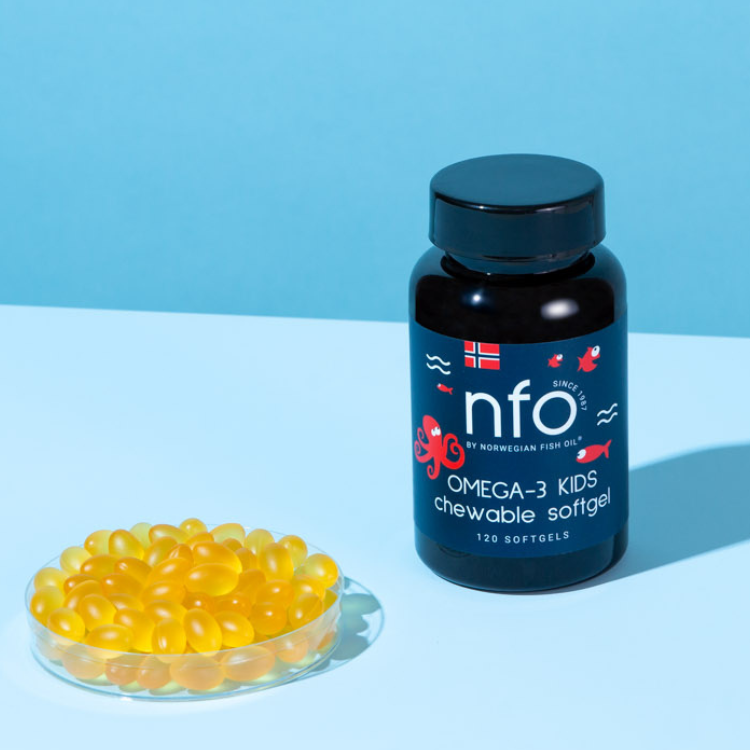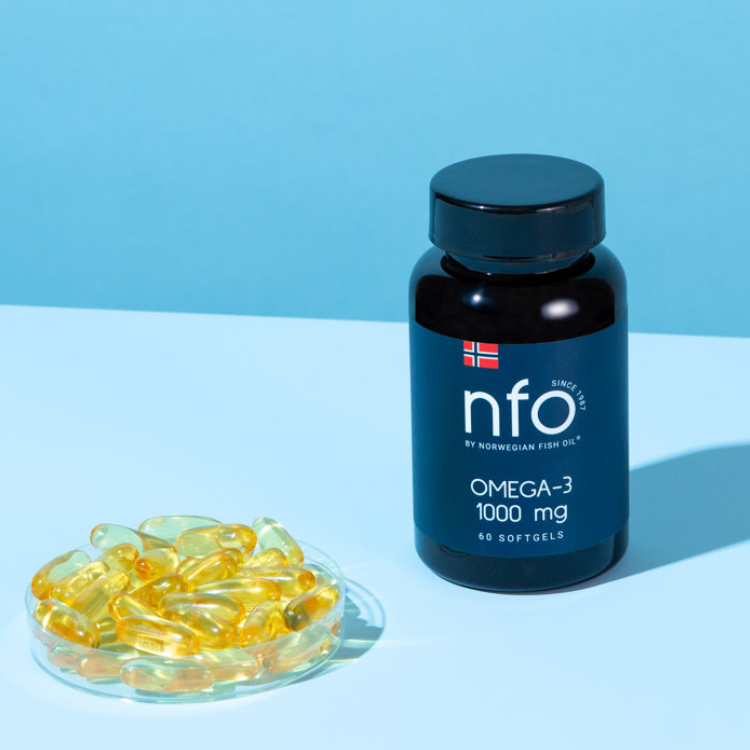Why Consider Supplements?
Dietary supplements can bridge nutritional gaps, support specific health goals, and address deficiencies. According to the CDC’s Second Nutrition Report (2012), nutritional deficiencies remain a public health concern, particularly for vitamins D, B12, and iron (CDC, 2012). While a balanced diet should always be prioritized, supplements play a valuable role for certain individuals, such as pregnant women, the elderly, and those with restrictive diets.
Understanding Regulation and Certification
Unlike medications, dietary supplements are not strictly regulated in many countries. In the United States, the FDA oversees supplements under the Dietary Supplement Health and Education Act (DSHEA). However, the agency does not approve supplements before they reach the market (FDA, 2022). To ensure safety and quality, consumers should seek products certified by third-party organizations like NSF International or the United States Pharmacopeia (USP).
Third-Party Certifications
- NSF Certification: Ensures that the supplement contains what the label claims and is free from harmful contaminants (NSF, n.d.).
- USP Verified: Indicates that the product has been tested for potency, ingredients, and manufacturing standards (USP, n.d.).
- Informed-Sport: Specializes in testing for banned substances, making it ideal for athletes (NSF Certified for Sport, n.d.).
Evaluating Labels and Claims
The supplement label is a critical source of information. High-quality products will provide:
- Transparent Ingredient Lists: All active and inactive ingredients should be listed, including their amounts.
- Dosage Information: Clear instructions on serving size and frequency.
- Scientific Claims: Avoid products with exaggerated promises, such as “cure-all” or “miracle” claims. These are often red flags for misleading marketing (FDA, 2022).
- Expiration Date: Supplements degrade over time, so avoid products without a clear expiry date.
Common Red Flags
- Proprietary blends without detailed ingredient breakdowns.
- Labels that omit the name of the manufacturer.
- Absence of third-party certification seals.
Choosing the Right Supplement for Your Needs
Multivitamins
Multivitamins can serve as a nutritional safety net. However, their formulation should align with age, sex, and specific health needs. For instance, pregnant women require prenatal vitamins with folic acid and iron (HealthyChildren.org, n.d.).
Single-Nutrient Supplements
Some individuals may need targeted nutrients. For example:
- Vitamin D: Essential for bone health and immune function (ODS, 2022).
- Calcium: Supports bone density, particularly in older adults (ODS, 2022).
- Iron: Necessary for preventing anemia, especially in menstruating women (HealthyChildren.org, n.d.).
Conclusion
Choosing high-quality vitamins and supplements requires informed decision-making. By understanding regulatory frameworks, evaluating labels, and considering individual needs, consumers can ensure they select safe and effective products. Always consult a healthcare provider before starting a new supplement regimen.
References
- Centers for Disease Control and Prevention (CDC). (2012). Second Nutrition Report: A comprehensive biochemical assessment of the nutrition status of the U.S. population. Retrieved from https://www.cdc.gov/nutritionreport/pdf/4Page_-2nd-Nutrition-Report_508_032912.pdf
- Food and Drug Administration (FDA). (2022). FDA 101: Dietary Supplements. Retrieved from https://www.fda.gov/consumers/consumer-updates/fda-101-dietary-supplements
- HealthyChildren.org. (n.d.). Vitamin and Iron Supplements. Retrieved from https://www.healthychildren.org/English/ages-stages/baby/feeding-nutrition/Pages/Vitamin-Iron-Supplements.aspx
- NSF International. (n.d.). What is Third-Party Certification?. Retrieved from https://www.nsf.org/about-nsf/what-is-third-party-certification
- Office of Dietary Supplements (ODS). (2022). Vitamin D – Fact Sheet for Health Professionals. Retrieved from https://ods.od.nih.gov/factsheets/VitaminD-HealthProfessional/









